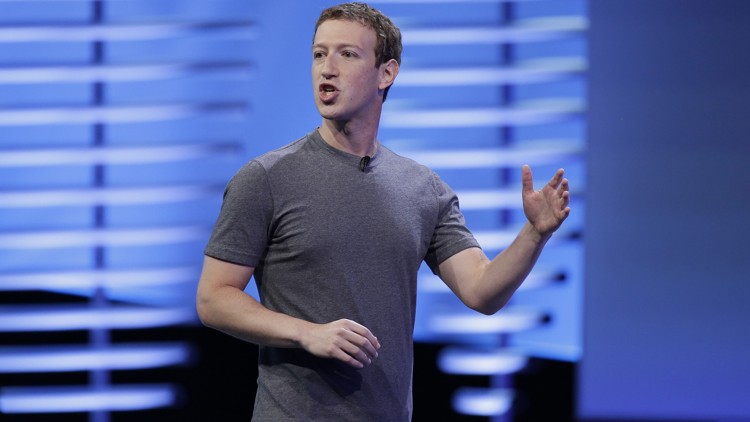The BBC has escaped the existential threat that so many of the luvvies who get highly paid by the BBC told us was planned by the Government. Whittingdale’s White Paper contains challenges for the corporation but generally it avoids serious structural change. Longer-term though (and in the current media context that is an unusual time-frame) something much more radical might still be about to happen.
On governance there is still some negotiation to be done to affirm BBC independence. There is still the prospect of a little top-slicing. Revealing star’s salaries feels tokenistic rather than a proper move to transparency. The i-player move is a logical and practical step, while the diversity requirement is something they should have been doing better ages ago. The fact they’ve got more cash for World Service and an eleven year charter period is a triumph for the BBC (and common sense). So not much for the BBC to worry about there.
Certainly, the budgets will be tight and the BBC should consider not doing some things for a change instead of relentless expansion. But it will still have vast resources compared to most of its domestic media rivals who are having to cope with their own business crisises.
Yet the White Paper does signal that deeper changes will have to come about in the next decade. This will be a major test of BBC management’s will and ability to adapt. The distinctiveness requirement is hard to define, let alone measure. But it could become a kind of qualitative test that goes much further than the traditional yardsticks of market failure, public service or universality (which all conveniently meant that the BBC felt it could pretty much do anything it liked).
This coupled with the opening up of all production to competition means that the way the BBC makes stuff could be revolutionised. Of course, the BBC doesn’t like revolutions so don’t expect dramatic change straight away, but this should mean a significant change in the BBC’s creative culture, for good or ill.
One fear is that bringing in the National Audit Office alongside Ofcom could make commissioners and controllers risk-averse. Though Channel 4 has shown that doesn’t have to be the case with a more open market in production. I think the bigger danger is that the relatively conservative culture of BBC management with its W1A-style aversion to setting priorities and making clear decisions might not rise to the tough challenge of combining efficiency with imagination.
The suggestion that they collaborate more as part of this opening up is welcome. But again, will BBC management’s traditional inward-looking and defensive approach prevent positive partnerships from flourishing?
And, of course, that flirtation with subscription in the White Paper gives a clue to what everyone accepts is now the likely fate of the Licence Fee by the time of the next Charter Renewal.
So for now, the BBC has escaped largely intact. Yet look under the bonnet and further down the road (to mix motoring metaphors) and you can see that there is now a map to much more radical change. That is a good thing. The media landscape is shifting and while we don’t want to lose the BBC, it must move on, too.






